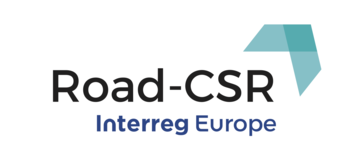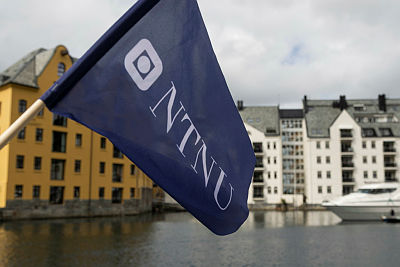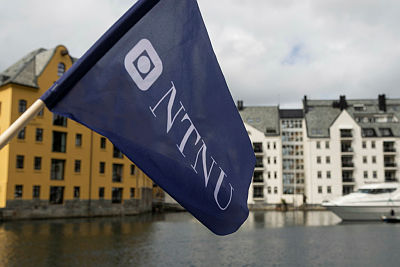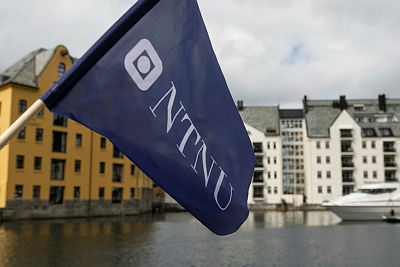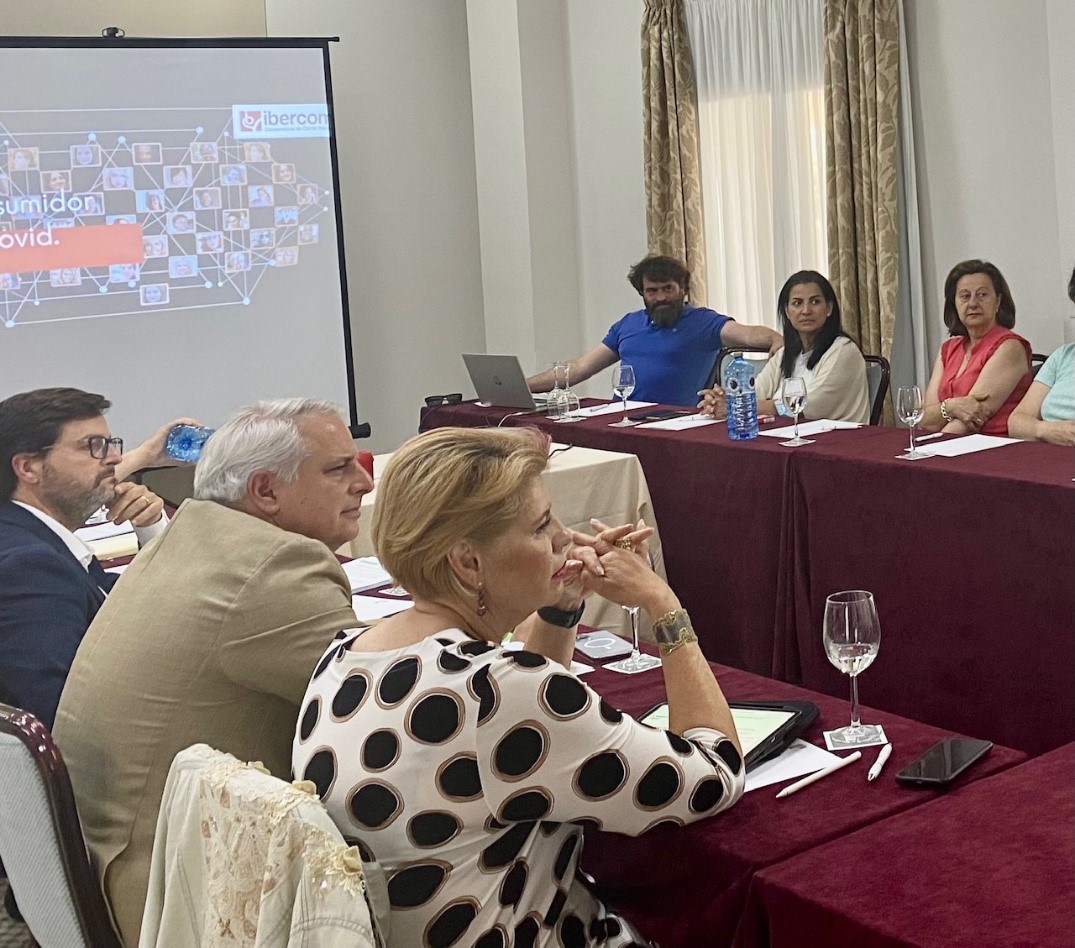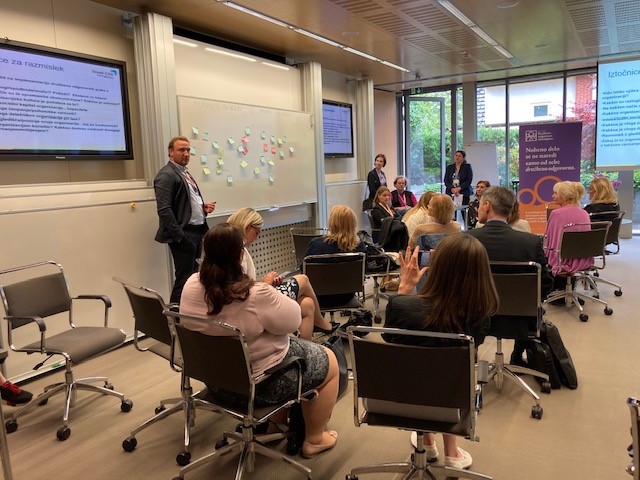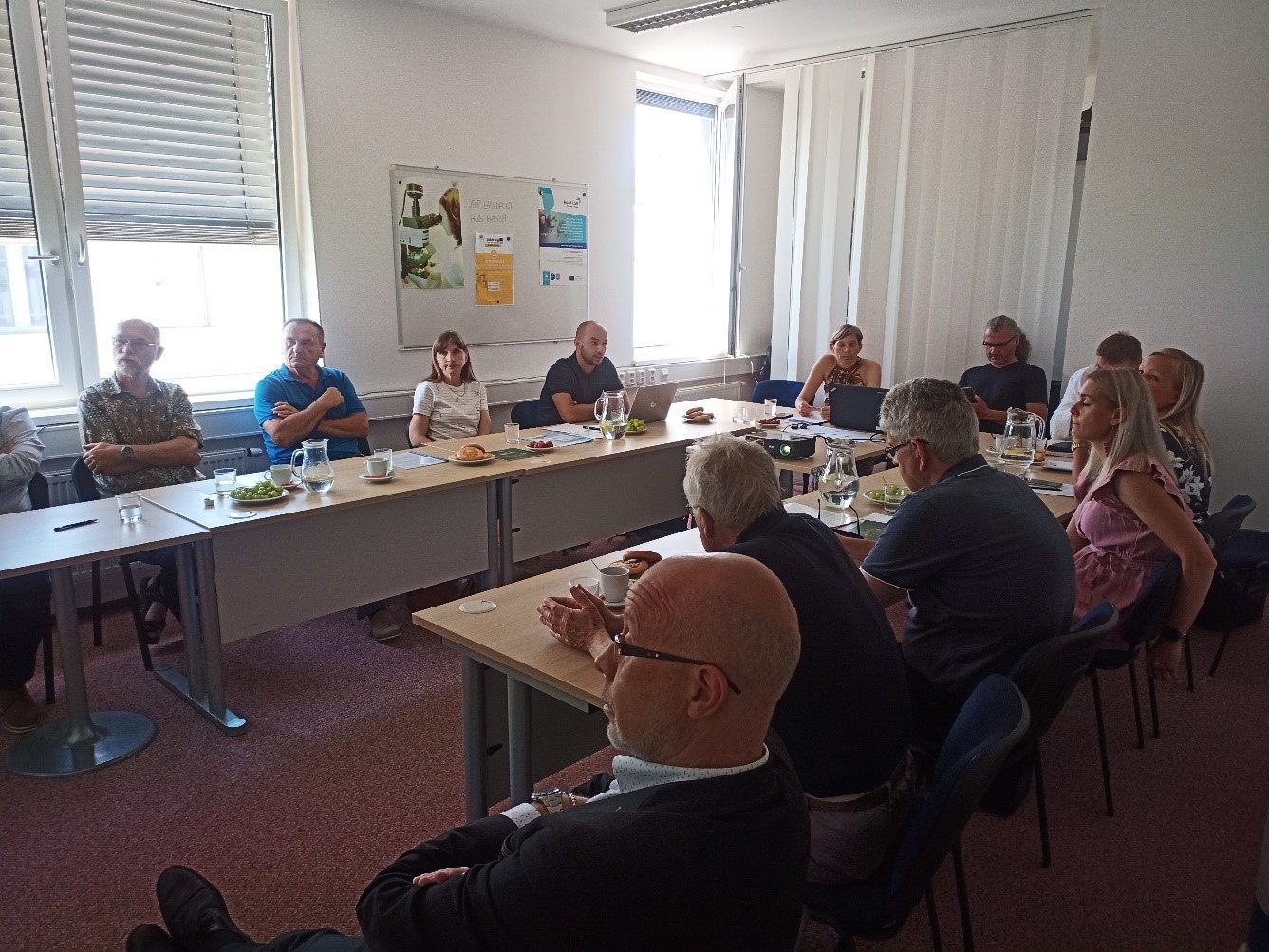Three trends were analysed in the meeting:
- How the preventive activity has been adapted. To present this trend we invited Alvaro Suárez-Guanes, Institutional Counselor of INPREX Group.
- How COVID has influenced consumer habits, both in the way of buying and in the design of products and/or services. To analyse this trend, we invited 3 regional business of 3 different sectors
- A supermarket chain, LIDER ALIMENT, represented by Leticia Mateos, HR manager
- A reference slaughterhouse in the region, IBERCOM, represented by Diego Albardonedo, from the department of Marketing, Branding & Corporate Development.
- A hotel, DON MANUEL HOTEL, represented by its CEO, Pilar Acosta.
- What new trends have been identified in the business training as a result of COVID, which was analysed by Annais Moreno, Responsible of Training and Marketing at Deutz Business School.
Among the main conclusions extracted from the discussion among stakeholders are:
a) ADAPTATION OF PREVENTIVE ACTIVITY AS A RESULT OF COVID.
There is a clear relationship between competitiveness and compliance with SDGs, that is, performance in social responsibility, which also includes job safety.
The main consequences of COVID-19 in the preventive activity of companies have been:
- Mental health comes into play.
New rights such as digital disconnection, work environments that allow you to relax and maximize performance, are currently a trend.
- Job safety leans towards job health.
There is a health concern. Covid has made working people more sensitive with health-related information.
- Safety as a key element of reputation.
Conveying an image of safe company is becoming a concern for businesses that, after COVID, increase their efforts to transmit the image of safety to workers, customers and other stakeholders.
b) BEHAVIOUR OF POST COVID CONSUMER
The reputation of brands, their ability to adapt and the values they convey will have an impact on purchasing decisions although, according to the meeting´s conclusions, price will continue to play a relevant role.
Other conclusions:
- Social impact must be made tangible.
The consumer needs to feel that consumption really changes something. There is a clear trend to nationalization.
- Economic uncertainty will displace CSR policies towards efficiency.
Economic uncertainty could reduce consumption and make price the protagonist of purchasing decisions and lifestyles.
- For citizenship, governance and social aspects exceed in importance than environmental aspects.
Aspects such as governance in the area of human rights, fiscal responsibility, job creation and the conciliation of personal and work life and well-being of employees are mainly highlighted.
c) INFLUENCE OF COVID IN TRAINING TRENDS AND METHODOLOGIES IN COMPANIES.
Business culture is going through a defining moment. Training and development opportunities are now the main factor to determine whether a work place is exceptional.
Other conclusions:
- Training a key for motivation.
The great resignation has revealed the great concern for the improvement of working conditions, flexibility opportunities, or alignment with the business purpose.
- The great boom in training increases the pressure to have results.
Employees expect unlimited training and career growth opportunities, managers who understand the style and place of work they want and employers who offer flexible work model as standard.
- Online training slows down its progress.
After the most complicated stages of COVID, there is a return to face-to-face training with the added value of allowing a greater interaction among participants.
